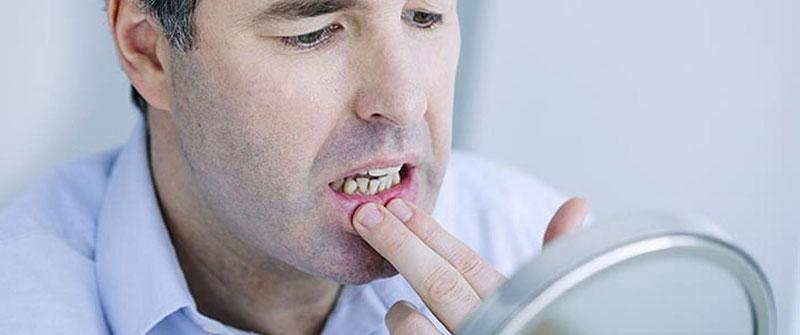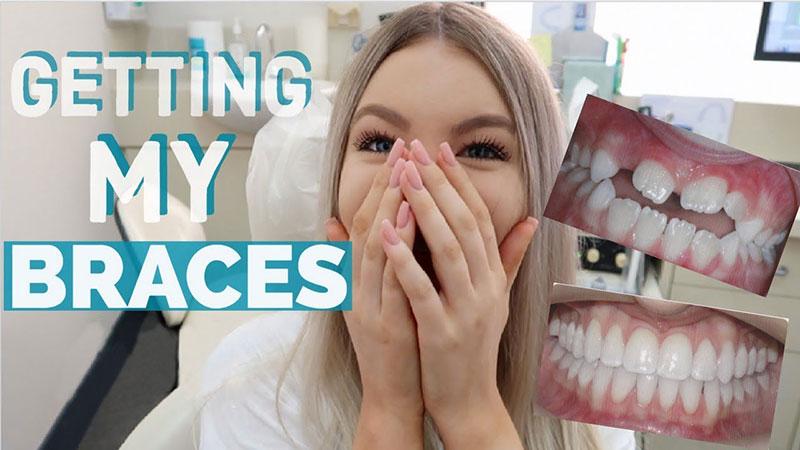Everyone wants a sparkling white, naturally aligned smile and it goes without saying that braces can help deliver one.
But there’s a lot more to braces than an instagrammable grin. The real benefits are health benefits, not aesthetic ones. So if you’ve been thinking about getting braces, yay. You’ve been thinking right all along. Now it’s time to know why.
Tooth decay, gum disease and other toe-curling stuff
When teeth are crooked, they tend to overlap each other, creating tight spaces and making it difficult to brush and floss effectively. This, in turn, allows bacteria and plaque to accumulate, eventually leading to decay and disease. In addition, crooked or misaligned teeth create crevices that straight teeth don’t – these crevices are a breeding ground for germs that can develop into plaque, tartar and cavities. Correct orthodontic treatment aligns your teeth, spacing them evenly and allowing you to brush more effectively. Your orthodontist will, of course, advise you on the regimen you need to follow to optimize your oral health.

Misaligned teeth can also affect the health of your body, not just your mouth. People with misaligned teeth tend to have a misaligned bite (usually either an overbite or underbite). This makes the act of biting put stress on certain areas in the mouth – basically, pressure is distributed unevenly, straining the jaws, muscles and ligaments. Often, this uneven pressure can cause teeth to become susceptible to chipping, breakage or infection. Correcting a misaligned bite prevents all these problems so you can see why there’s so much more to braces than a great smile.
Speech difficulty
Teeth play a very important role in the way we speak. Misaligned teeth affect speaking patterns, causing a lisp, stammer, embarrassment and frustration. Braces, by adjusting the position of your teeth, remove speech impediments, allowing you to pronounce your words clearly and distinctly. Word slurring, for instance, is often treated by braces which realign the teeth to create more room for the tongue to move. Braces also correct the whistling sound created by spaces between teeth by closing the gap.
Bone erosion
Imagine you had no teeth at all. What would happen to your mouth? Without any teeth to support, your bone and gum tissues would start to erode. The same applies to badly aligned teeth that leave gaps in the mouth, are unevenly distributed or place too much pressure on the jawbone. Braces stretch tissues and nerves, prevent erosion of the gums and ease pressure on the jaw. They exert calculated pressure on the teeth to move them into their correct position, allowing bones to naturally rebuild over time.
Digestion
It may surprise you to know this, but your teeth play a really important role in digestion. Food is already partially digested by your teeth before it even enters your stomach. So imagine what would happen if you had (or have) severely crooked or misaligned teeth. They wouldn’t be able to break the food down effectively before it enters your stomach. This ends up being very unfair on your stomach and can create a bunch of uncomfortable digestive problems. Teeth help digestion only when they do their job properly by allowing you to chew your food thoroughly. Braces can correct your teeth, allowing them to function more efficiently so your food is completely (and easily) digested.

The truth is, if you’re thinking about braces then yes, you probably need them. But it’s important to realise that braces do something far more important than making your smile look good. They make your body healthier and guard you from a host of complications that crooked teeth can cause. Whatever your reason for needing braces, it will be important to have an orthodontist who practices close to where you live or work. That’s because you’ll be making multiple trips to see them over the course of a treatment that could last for up to two (or more) years. Our job is to help make that search effortless for you.
